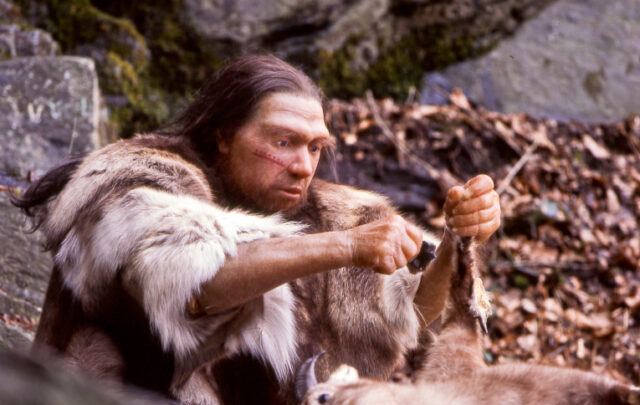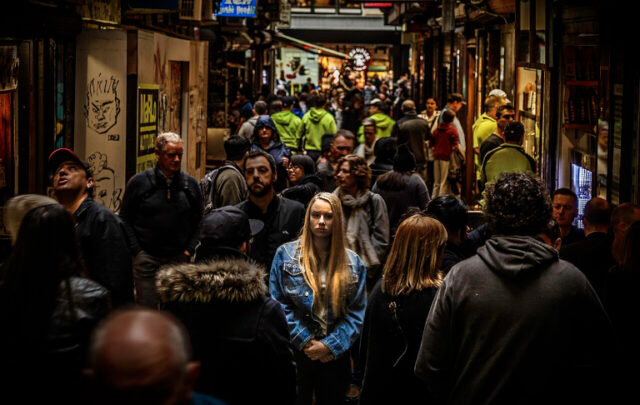FOUNDATION CONCEPTS: Thinking “Resilience” by William E. Rees, FRSC
EXCERPT:
What is Resilience Thinking?
"Resilience thinking” is one response to the foregoing questions. “The bottom line for sustainability is that any proposal for sustainable development that does not explicitly acknowledge a system’s resilience is simply not going to keep delivering the goods (or services)." Resilience science is based on the simple premise that change is inevitable and that attempts to resist change or control it in any strict sense are doomed to failure. Resilience science is also systems science.
Based on the previous analysis, resilience thinking:
- Accepts that the human enterprise is structurally and functionally inseparable from nature. That is, the human enterprise is a fully embedded, totally dependent subsystem of the ecosphere—people live within socio-ecosystems. Human activities can therefore significantly affect the integrity and behavior of supportive ecosystems and these changes immediately feed back to affect the state of the human subsystem. We can no longer understand the dynamics of either the natural system or the human subsystem in isolation without understanding the dynamics of the other component.
- Understands that linked/integrated socio-ecosystems are constantly changing in response to both internal and external forces—they are dynamic complex adaptive systems. The changes within these systems are not linear, smooth, or predictable, particularly outside the systems’ “normal” regime. Indeed, under sufficient pressure, critical systems variables may “flip” (cross a threshold) into a different regime or alternative stable state. In other words, like natural ecosystems, socio-ecosystems also have multiple possible equilibria, some of which may not be amenable to continued human use or existence (remember the collapse of the North Atlantic cod fishery).
- Recognizes that the sustainability of the human enterprise on a crowded and resource-stressed planet depends on our ability to conserve the resilience of socioecological systems. In this context, resilience defines the capacity of the system to assimilate disturbances without crossing a threshold into an alternative and possibly less “friendly” stable state. A desirable socioecological system characterized by high resilience is able to resist external disturbance and continue to provide biophysical goods and services essential for a satisfactory quality of life.
- Further recognizes that, for sustainability, resourcemanagement efforts must shift from reshaping nature for the purpose of satisfying human demands to moderating human demands so that they fit within biophysical limits. They must do this in a way that is consistent with both the productive and assimilative capacities of ecosystems, and in a way that enhances the long-term resilience of the integrated socio-ecosystem.
About The Post Carbon Reader
 How do population, water, energy, food, and climate issues impact one another? What can we do to address one problem without making the others worse? The Post Carbon Reader features essays by some of the world’s most provocative thinkers on the key issues shaping our new century, from renewable energy and urban agriculture to social justice and community resilience. This insightful collection takes a hard-nosed look at the interconnected threats of our global sustainability quandary and presents some of the most promising responses.
How do population, water, energy, food, and climate issues impact one another? What can we do to address one problem without making the others worse? The Post Carbon Reader features essays by some of the world’s most provocative thinkers on the key issues shaping our new century, from renewable energy and urban agriculture to social justice and community resilience. This insightful collection takes a hard-nosed look at the interconnected threats of our global sustainability quandary and presents some of the most promising responses.
Contributors to The Post Carbon Reader are some of the world’s leading sustainability thinkers, including Bill McKibben, Richard Heinberg, Stephanie Mills, David Orr, Wes Jackson, Erika Allen, Gloria Flora, and dozens more.























